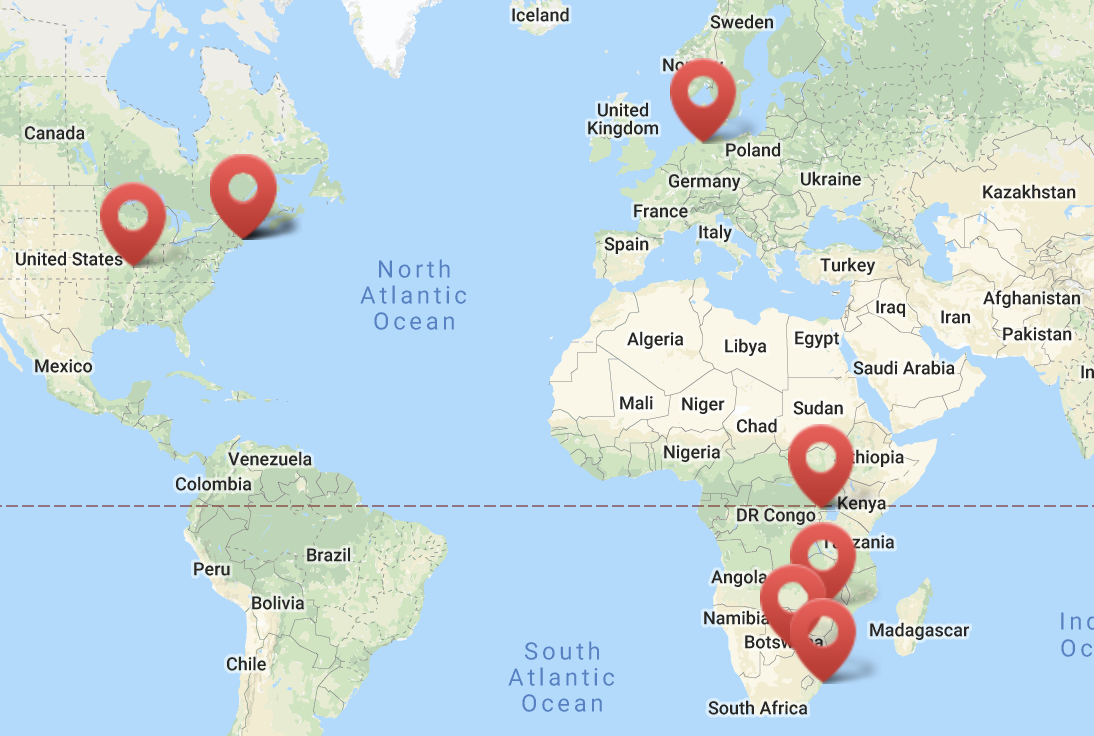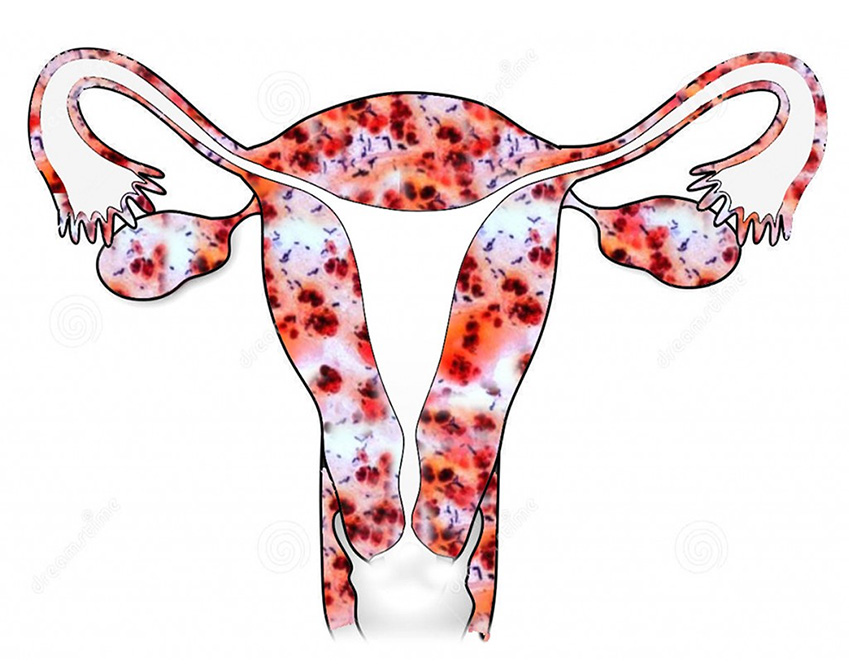About the Kwon Lab
The focus of the Kwon lab is the application of new technologies to the study of immune responses against HIV at mucosal surfaces.
Mucosal surfaces represent both the primary site of HIV transmission and the largest reservoir of viral replication. Despite this, the immune response to HIV has largely been studied in the peripheral blood, which contains just 2-3% of all lymphocytes- a small minority relative to the 60-90% of the body’s T and B cells that reside at mucosal sites. One of the greatest barriers to a more detailed understanding of these responses is the inherently small amount of material that can be obtained from mucosal sampling. We are therefore employing new technologies, such as high throughput sequencing and nanowell technologies developed by our collaborators at the Massachusetts Institute of Technology, to simultaneously capture multiple measures of viral, metagenomic, metatranscriptomic, culturomic and adaptive immune factors important for HIV immunity and pathogenesis. Using these methodologies we have begun to map microbial communities and mucosal immune responses in the lung, female reproductive tract, and gut associated lymphoid tissue (GALT), at a level of resolution that has not been possible employing standard assays. This work is being performed using the large, well characterized patient cohorts available at the Ragon Institute to better understand susceptibility to HIV acquisition and HIV disease progression. We also perform a significant amount of work in Africa in collaboration with the University of KwaZulu Natal HIV Pathogenesis Program, KRITH, CAPRISA, FRESH, and the University of Cape Town, to better understand the HIV epidemic in the developing world.


Preventing HIV transmission in women
Studying the role of the gut in HIV disease progression
Addressing the HIV/TB pandemic
Rapidly diagnosing clinical infections















Our Collaborators
- University of KwaZulu-Natal (HIV Pathogenesis Program)
- Kwazulu-Natal Research Institute for Tuberculosis and HIV (K-RITH)
- Center for the Aids Programme of Research in South Africa (CAPRISA)
- Durban, South Africa, Females Rising Through Empowerment, Support, and Health (FRESH)
- University of Zimbabwe
- University of Cape Town
- Hamburg, Germany
- Mbarara University of Science and Technology (MUST)
- Washington University St. Louis, MS
- Massachusetts Institute of Technology

We work with a fantastic group of collaborators from all over the world!
Contact Us
Our Address
400 Technology Square
Cambridge, MA 02139
(857) 268-7160
Public Transportation: We’re a short walk from the Kendall Square T stop



